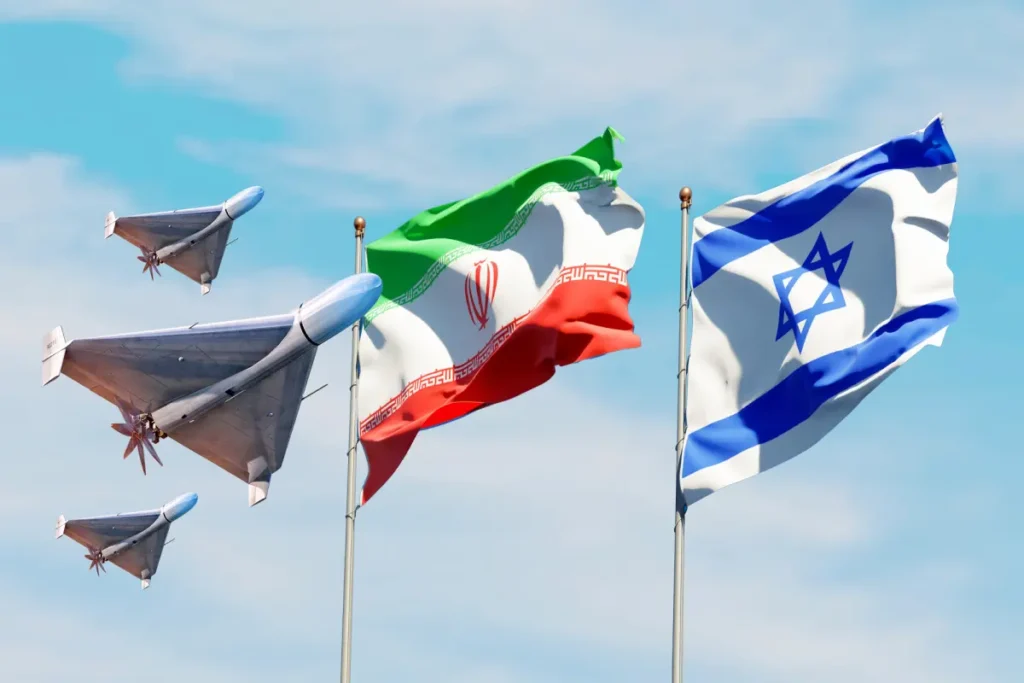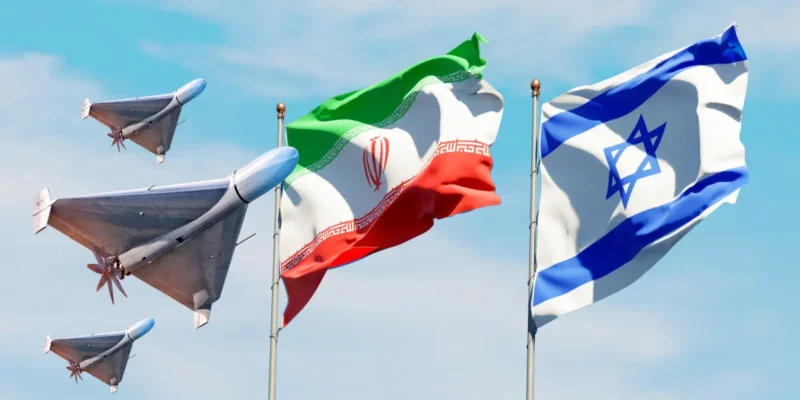
As hostilities between Israel and Iran enter their second week, fears are mounting that the conflict could spiral into a wider global confrontation involving major world powers. While the epicenter remains in the Middle East, the ripple effects are being felt far beyond — including in Africa, where nations like Nigeria are closely monitoring developments.
The escalating tit-for-tat strikes have transformed a long-standing regional rivalry into a direct military confrontation. Over the past eight days, both countries have launched ballistic missiles and drones targeting military and strategic installations. Civilian casualties are rising, and critical infrastructure has been damaged on both sides.
In an exclusive interview with DAILY POST, Professor Murtala Muhammad of the Department of History and International Studies at Northwest University, Kano, described the situation as a “dangerous turning point” in Middle Eastern geopolitics.
From Proxy Battles to Direct Confrontation
“This is not a new conflict,” Professor Muhammad explained. “The roots go back to Iran’s 1979 Islamic Revolution, which birthed a government ideologically opposed to Israel.”
According to him, Iran’s long-standing support for proxy groups like Hezbollah and Hamas has been countered by Israeli airstrikes and covert actions. But recent events, especially following the 2023–2024 Gaza War, mark a significant escalation from shadow warfare to open confrontation.
The June 2025 flare-up has seen Israel conduct targeted strikes on Iranian nuclear and military facilities, while Iran has responded with coordinated drone and missile attacks on Israeli cities. Dozens have been killed and injured on both sides, and international observers fear the worst may be yet to come.
A Brewing Global Storm
The conflict, once regional in scope, is now threatening to pull in global powers. Professor Muhammad warned that U.S. involvement is almost certain if Iran targets American interests or allies.
“The U.S. is Israel’s closest ally and cannot afford to stay on the sidelines if the conflict deepens,” he said.
Meanwhile, Iran has drawn closer to China and Russia, forming military and technological alliances amid Western sanctions. The potential for these global powers to clash in the Middle East raises the stakes dramatically.
“There’s a real possibility of a wider war,” Muhammad noted. “Drone technology and arms exchanges between Iran and Russia, combined with Chinese economic interests in Iran, complicate the situation.”
He also highlighted the geopolitical sensitivities of the region, including the role of the Gulf States and the strategic Strait of Hormuz, through which 20% of the world’s oil flows.
“If that waterway becomes a battleground, oil markets will be thrown into chaos, and global trade will suffer,” he warned.
What It Means for Africa — And Nigeria
While Africa is geographically distant, it will not be immune to the fallout. Rising oil prices, economic uncertainty, and security concerns are just a few of the possible consequences.
“African nations that rely heavily on fuel imports will feel the pinch,” Muhammad said. “Food prices may also soar, worsening inflation and economic hardship across Sub-Saharan Africa.”
In Nigeria, the outlook is particularly alarming.
“With existing security threats from Boko Haram and banditry, a wider conflict could worsen the situation. If weapons or extremist ideologies from the Middle East spill into Africa, Nigeria’s fragile stability could be compromised,” he explained.
Muhammad also warned of potential migration crises and a reduction in international aid.
“Middle Eastern instability could lead to increased migration across North and West Africa. Meanwhile, global donors might divert humanitarian resources away from Africa toward conflict zones, weakening support for Nigeria’s counterterrorism and development programs.”

Comments